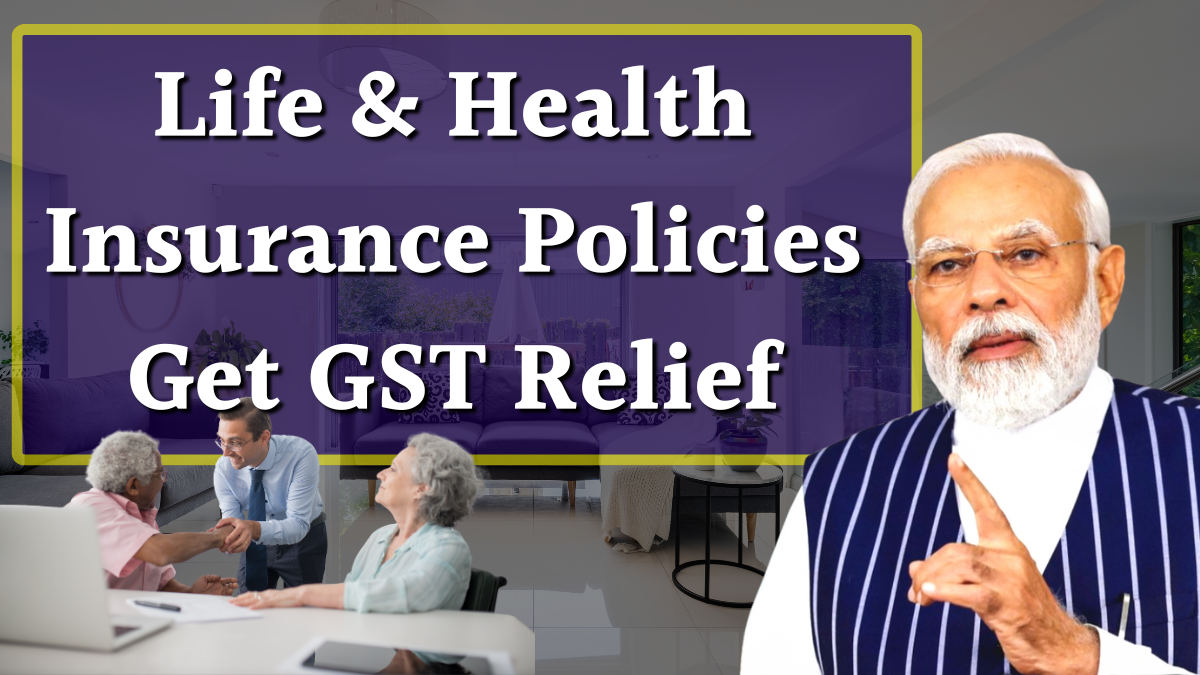The GST Council has scrapped the 18% GST on life and health insurance premiums effective 22 September 2025. Will customers actually save, or will companies offset costs elsewhere? Here’s what you need to know.
A Real Relief or Just on Paper?
For years, paying insurance premiums felt heavier than it should. Not only were you protecting your family’s future, but you were also paying an extra 18% GST on top of it. That tax was a real burden, especially for middle-class families already juggling bills, loans, and medical costs.
On 3rd September 2025, Finance Minister Nirmala Sitharaman announced something that sounded like a blessing: no GST on personal life and health insurance policies from 22nd September 2025.
Which Insurance Policies Get Cheaper?
- After this decision, you won’t pay GST on:
- Life insurance: Term plans, endowment policies, ULIPs, and reinsurance policies
- Health insurance: Personal health plans, senior citizen policies, and family floaters
That means no 18% extra tax at the time of paying premiums. For policyholders, this feels like direct savings. But the story doesn’t end there.
The Hidden Twist: What Happens Without ITC?
Until now, insurance companies charged you GST but adjusted their own expenses—like agent commissions, office rentals, and marketing—through something called Input Tax Credit (ITC).
Now, since premiums are GST-free, companies lose access to ITC. According to experts like former LIC Director Ashvin Ghai, insurers might pass some of their extra costs back to customers in another form—maybe slightly higher premiums.
Beyond Insurance: Relief on Medicines & Healthcare
The Council didn’t stop at insurance.
Medicines & medical services: Now attract only 5% GST. Not zero, but still lighter than before. Why not zero? Because if medicines were tax-free, pharma companies couldn’t claim ITC on raw materials, pushing prices higher instead of lower.
Medical devices: Equipment for surgeries, dental care, and veterinary use now come under 5% GST. This helps patients but raises questions about “inverted duty” (when raw materials are taxed higher than finished goods). The government says refunds on ITC will cover that gap.



